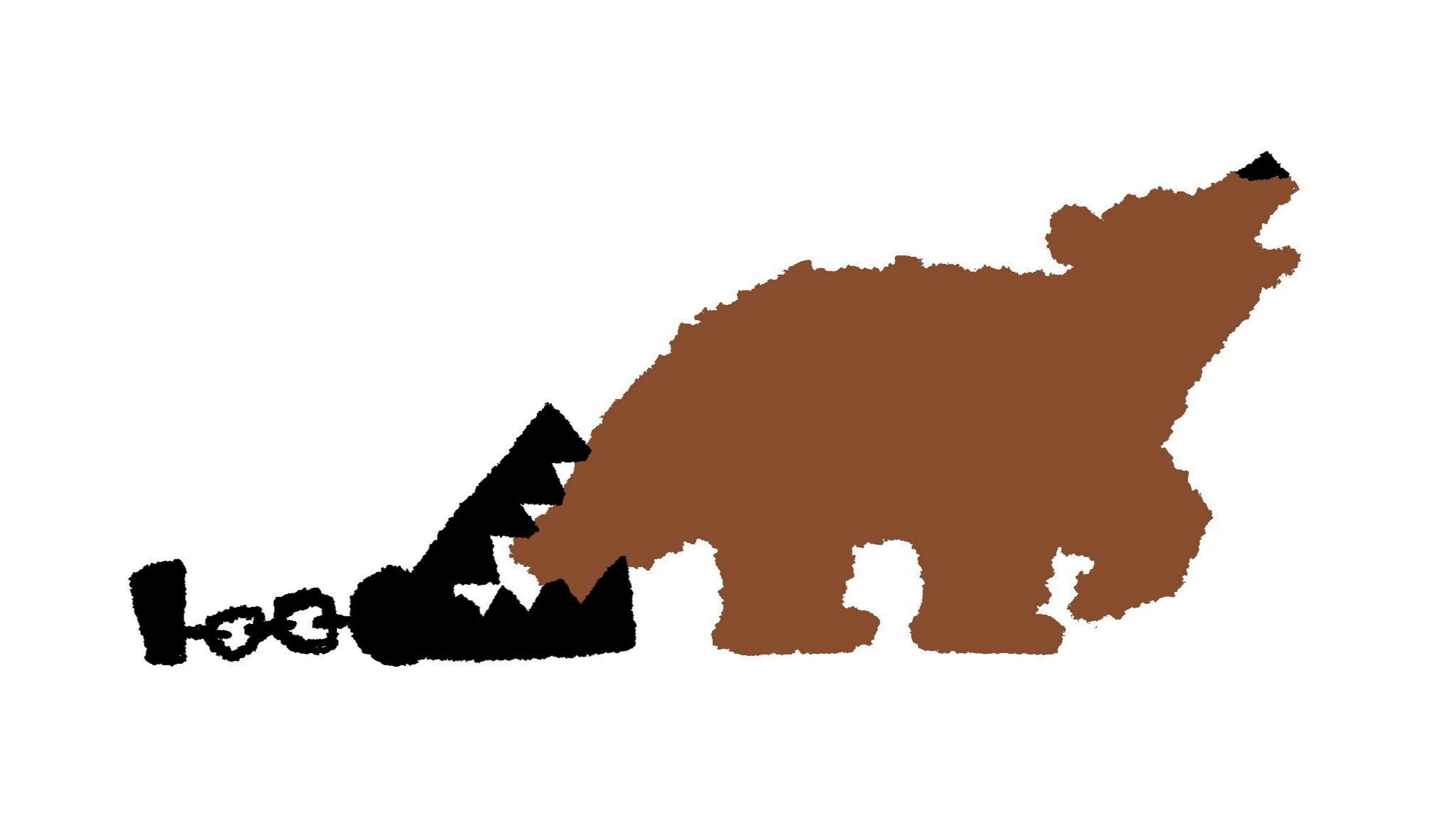Germany Economic Challenges Resurrect

Germany, once hailed for its economic prowess, is facing a period of stagnation and challenges that have led some to revive the term “the sick man of Europe.” After a history of strong growth and economic stability, Germany is grappling with factors such as sticky inflation, falling output, an aging population, and other structural issues.
Economic Doldrums:
Germany’s economic troubles are mark by three consecutive quarters of falling or stagnating output, leading to a recession. Sticky inflation is eroding purchasing power and contributing to pessimism among households. The European Central Bank’s efforts to curb inflation through interest rate hikes have hit Germany’s residential building sector and the industrial sector, causing business activity to decline.
Factors Contributing to Challenges:
Germany’s economic issues stem from a combination of temporary and structural factors. A weak Chinese economy has reduced demand for German exports. The country’s rapidly aging population and high corporate tax rate present structural challenges. Additionally, energy price shocks due to conflicts like the war in Ukraine and supply chain disruptions have affected the energy-guzzling manufacturing sector.
“Sick Man of Europe” Redux:
The term “sick man of Europe” was previously associated with Germany during the late 1990s and early 2000s due to lackluster economic growth and high unemployment. While the current situation differs from that period, some observers are using the label to describe Germany’s economic struggles once again.
Reforms and Adaptability:
Germany’s ability to adapt quickly and implement reforms is seen as a potential mitigating factor. The country’s strong public finances, record employment levels, and adaptability among small and medium-sized businesses (Mittelstand) allow it to navigate economic challenges more effectively. Initiatives to reform immigration laws and expedite infrastructure projects are aim at addressing labor shortages and improving economic resilience.
Conclusion:
Germany’s economic challenges, including sticky inflation, declining output, and structural issues, have prompted comparisons to its past as the “sick man of Europe.” While the situation is different from previous periods, Germany’s ability to adapt and implement reforms may help it weather the current economic storm. The country’s emphasis on its Mittelstand and its past success in responding to changing economic landscapes contribute to its potential for recovery and resilience.